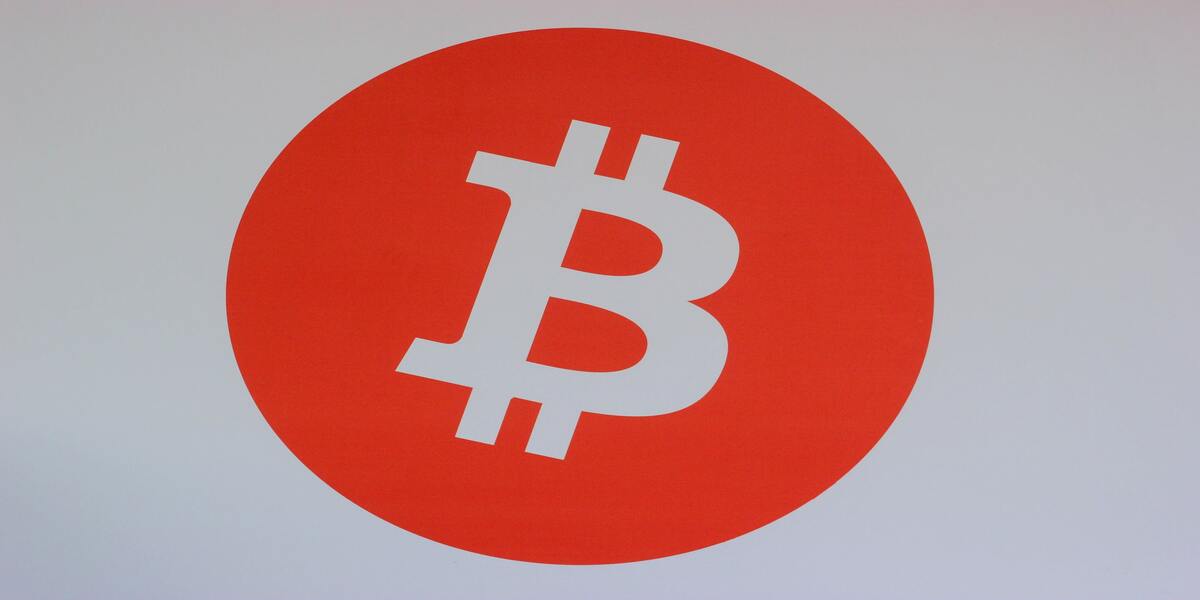This article is a response to a paper on Bitcoin governance posted by Hossein Nabilou. There unfortunately are several misconceptions or misunderstandings in the paper that render it let’s say, misguiding.
- Governance by developer decree - BIP. The model of “governance by developer decree” BIP that was introduced by the BTC Core team is contrary to the original Bitcoin model where limits are determined by the competitive actions of the miners.
- Bitcoin is NOT censorship resistance, Satoshi Nakamoto never mentions that in the white paper or in his communications. There is no such thing as censorship resistance in bitcoin, just economic incentives, and law.
- There is no trade-off inefficiency in the original Bitcoin. The implementation of the original Bitcoin protocol is a very fast, efficient, secure, and cost-efficient global settlement system as well as a global data layer, today doing over 5000 transactions per second on main net.
- Bitcoin was designed to operate INSIDE the legal framework with an economic incentive. Not outside! Bitcoin’s predecessors such as Digicash and Liberty Dollar was taken down because they were illegal, not because they were centralized.
- Original Bitcoin is already today technically capable to compete with established payment infrastructures such as Visa, Mastercard. The implementation of the original Bitcoin protocol is recently (June 2021) publicly proven to technically handle 50 000 transactions per second on the test net.
- Satoshi did not create the BitcoinTalk forum, and he never posted there! All posts from Satoshi on BitcoinTalk was copied from the bitcoin.org forum, by someone else. And in some cases, even modified by someone else without Satoshis knowledge or approval.
- “fully validating nodes” cannot “threaten not to validate certain blocks”. Fully validating nodes aka Wallet have no power whatsoever over the network, they cannot reject any blocks, since they are not participating in creating any blocks. The only power a wallet have is to confirm that payments received to its own wallet is included in a block, by the miners.
- There is no such thing as a User Activated Soft Fork (UASF), User-activated soft fork systems are not part of the Bitcoin network in any way, which is simple to determine; the only consensus mechanism in Bitcoin comes from the propagation of blocks. A system that does not propagate a block has no say.
- The BTC Core protocol governance is proven centralized by a small number of closely connected BTC Core Devs having commit access to the BTC Core GitHub repository.
The original Bitcoin Protocol is set in stone!
The nature of Bitcoin is such that once version 0.1 was released, the core design was set in stone for the rest of its lifetime. -Satoshi Nakamoto
Miners will alter and improve on the software used for mining bitcoin. They won’t do this as a group. They will do it to gain competitive advantages and they will do it without disclosing all the changes they make. This is a good thing. More efficiency is always good. To be successful, to follow its key mantra bitcoin needs to develop into a system that is fixed and not something that developers think they can play with because they understand money very little.
---
Create an account to read the full article
Create Account
Already have an account? Sign in

